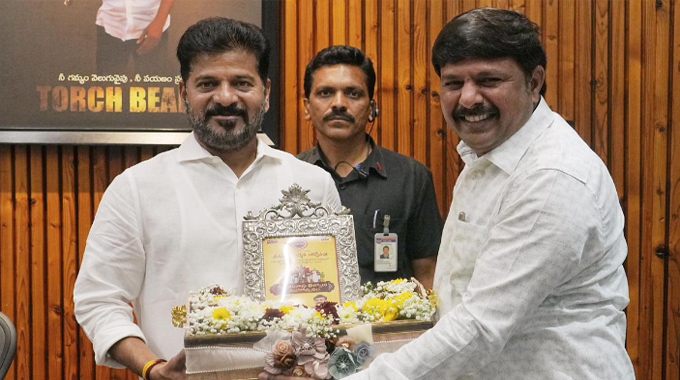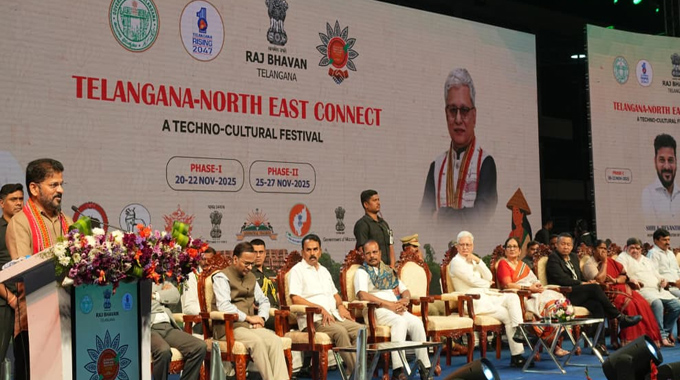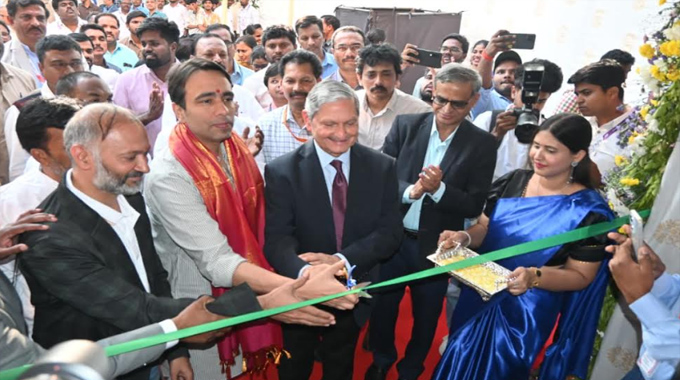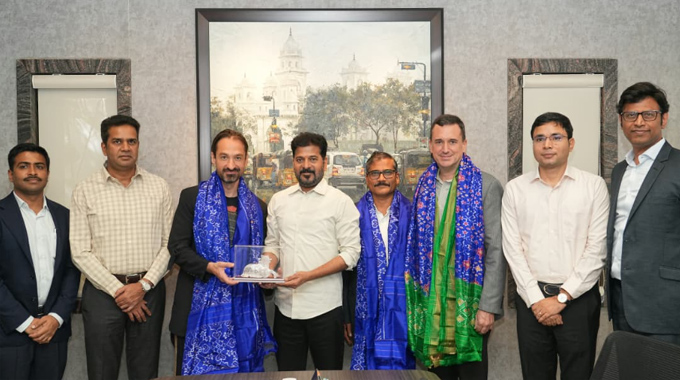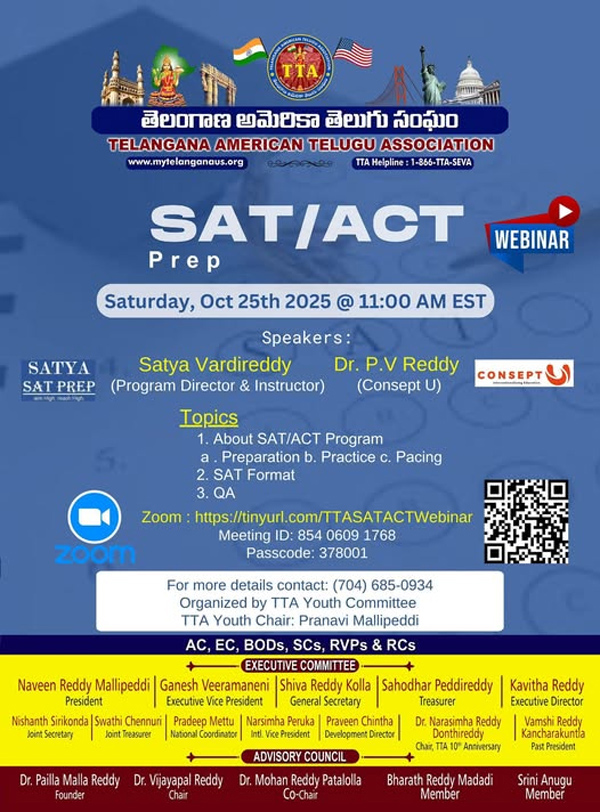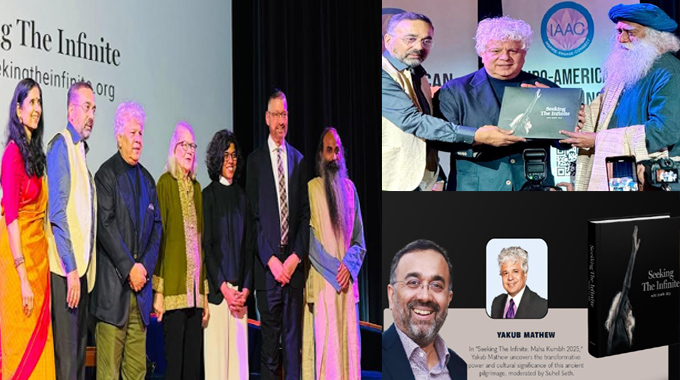TFI, India’s first scientific, data-driven system to rank Tourism Destinations, proposed
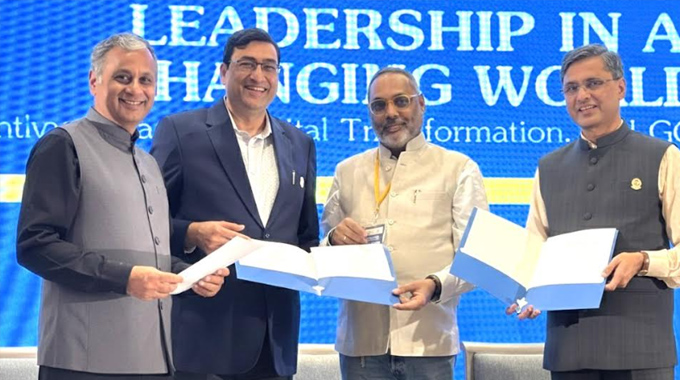
TFI is a first-of-its-kind model that evaluates destinations on Accessibility, Amenities, Safety, Cleanliness, Sustainability, Culture, and Economic Impact.
Hyderabad, November 21, 2025… Tourism Friendly Index (TFI), India’s first scientific, data-driven system to rank Tourism Destinations proposed. If accepted by the Government, Telangana is poised to become the first state in India to introduce a Tourism Friendly Index (TFI)—a scientific, data-driven framework designed to score, benchmark, and improve tourism destinations across the state.
The suggestion was put forward recently by Mr Viiveck Verma, Startup Ecosystem Leader and TEDx Licensee, during his presentation at India’s first-ever Conference on Building the Weekend Tourism Economy, organised by the Tourism Committee of FTCCI.
Addressing a gathering of over 150 delegates, Mr Verma delivered an insightful talk titled “Weekends: The New Tourism Currency,” where he explained how micro-travel and short-format tourism are reshaping modern tourism behaviour.
In this context, Viiveck Verma, a travel industry veteran who served as a thought leader for over 8 years leading travel technology companies like Galileo and Sabre (Global Distribution Systems (GDS), which are computerized reservation networks used by travel agencies to access and book travel services like flights, hotels, and car rentals etc) as country head and has extensive experience and knowledge in the sector, visited many countries and the recommendations coming from best practices seen around the world, proposed the introduction of TFI—a first-of-its-kind model that evaluates destinations on Accessibility, Amenities, Safety, Cleanliness, Sustainability, Culture, and Economic Impact.
Mr Verma explained that TFI would assign each destination a 0–100 score, allowing the government to scientifically identify gaps, boost visitor experience, and attract targeted tourism investments. He noted that the framework is designed using global best practices, including the World Economic Forum’s Travel & Tourism Development Index (TTDI)and the Global Destination Sustainability Index (GDS Index), while remaining simple, transparent, and immediately actionable for state-level decision-making. This positions Telangana as a national pioneer in evidence-based tourism governance.
He recommended that the Government introduce TFI in phases, beginning with the formation of an Expert Steering Committee, followed by pilot scoring of select destinations, development of a digital dashboard for public access, and publication of annual reports to shape policy, branding, and investment priorities. The model, he emphasised, is designed to empower policymakers, investors, tourism entrepreneurs, and local bodies by providing a clear understanding of strengths, weaknesses, and growth opportunities across Telangana’s tourism landscape.
Highlighting its scientific foundation, Mr Verma shared that TFI consolidates seven key dimensions—Accessibility, Amenities, Safety, Cleanliness, Sustainability, Cultural Inclusiveness, and Economic Impact—into a unified, outcome-oriented score. Unlike global indices that rely heavily on complex normalisation or inaccessible datasets, the Telangana TFI is built to be practical, transparent, scientifically credible, and directly actionable.
He elaborated on the seven weighted dimensions that form the backbone of the index: Accessibility (20%), Amenities & Services (15%), Safety & Security (15%), Hygiene & Cleanliness (10%), Environmental Sustainability (15%), Cultural & Social Friendliness (10%), and Economic Impact & Inclusiveness (15%). Data will be sourced from credible global and national institutions, including UNWTO, WHO, World Bank, NCRB, Telangana government departments, verified traveller surveys, and geospatial environmental mapping.
Once rolled out, TFI is expected to become a crucial component of Telangana’s tourism policy, branding strategy, and investment roadmap. Several delegates at the conference observed that the TFI goes far beyond being a measurement tool—it serves as a strategic enabler that can attract large-scale tourism investments, enhance visitor satisfaction, strengthen sustainability practices, promote balanced rural–urban tourism growth, and position Hyderabad and Telangana among the world’s most tourism-friendly regions.
Mr Verma described TFI as a landmark step for Telangana Tourism, one that promises greater transparency, smarter governance, better traveller experiences, and a stronger, more sustainable tourism economy. He also urged the Government to conduct stakeholder workshops, consultations, and capacity-building programs before statewide rollout to ensure buy-in and alignment from all tourism stakeholders.
Mr Viiveck Verma has shared a detailed concept paper with Mr Prakash Ammanbolu and Mr D. Ramchandram, Chairman and Co-chairman of Tourism Committee of FTCCI and FTCCI leadership, Mr R Ravi Kumar, President, Mr KK Maheshwari, Senior Vice President, Mr Srinivas Grimella, Vice President and requested that the Committee take up the matter with the Tourism Department, Government of Telangana, for further consideration.
The formal proposal is yet to be made to the government. We are studying the same, commented the Tourism Committee.

